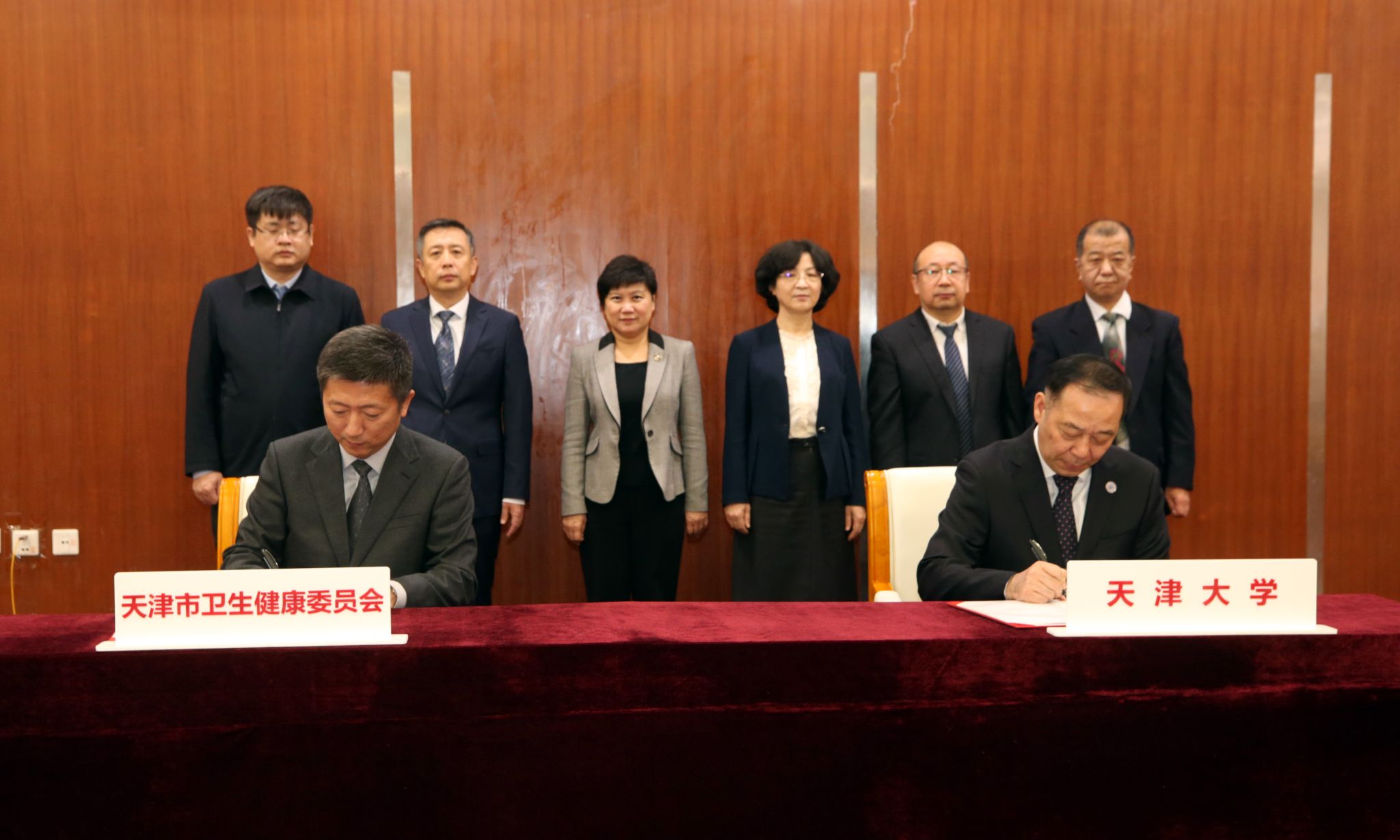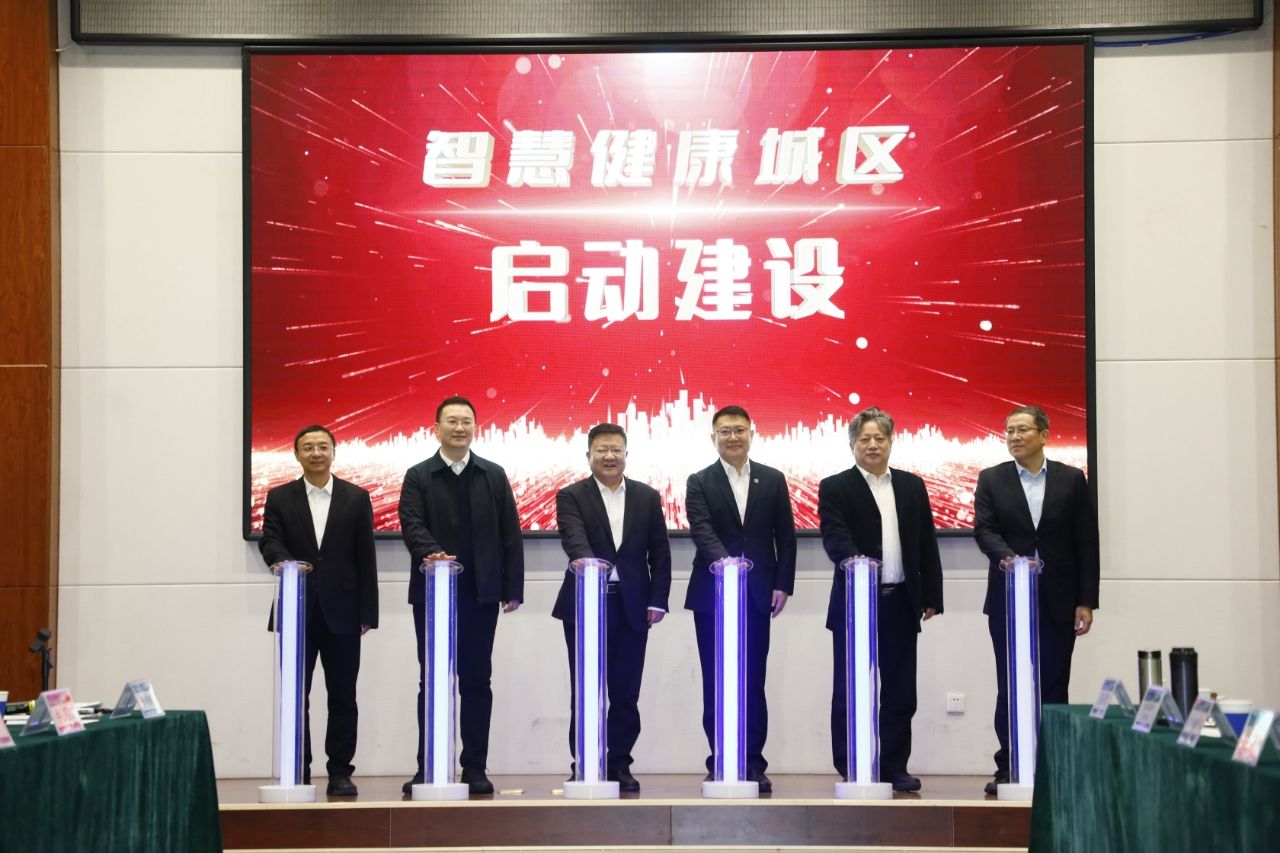On December 4, Tianjin University and the Tianjin Municipal Health Commission signed an agreement to collaborate in promoting the high-quality development of Tianjin Third Central Hospital. The hospital was officially designated as a direct affiliate of Tianjin University and has since changed its name to Tianjin University Central Hospital. This initiative aims to enhance the university's "Double First-Class" development and elevate healthcare standards in Tianjin.

The ceremony was attended by Vice Mayor Zhang Ling, along with officials from various city departments. Tianjin University Party Secretary Yang Xianjin and Tianjin Municipal Health Commission Secretary and Director Wang Xudong represented their institutions in the signing.
The Tianjin Third Central Hospital, now Tianjin University Central Hospital, is a large, comprehensive, Class A tertiary hospital that integrates medical care, education, research, and prevention. It is one of Tianjin's five major medical centers and serves as a national regional medical center for comprehensive care. The hospital ranks among the top three in the city for the number of national standardized residency training programs.
Over its 67-year history, the hospital has continuously advanced the integration of medical education and engineering, achieving notable milestones such as the development of China’s first "fine-tube artificial kidney" in 1960. It has also played a crucial role in establishing the Tianjin Biomedical Engineering Society and has been a leading entity in clinical nutrition quality control.
Yang emphasized that cultivating exceptional medical talent and safeguarding public health have always been Tianjin University's goals. As a pioneering institution in China, the university is committed to reform and innovation. The collaboration is expected to deepen medical education integration and enhance the hospital's capabilities in meeting national and regional healthcare demands.

Wang Ximo, the hospital's Party Secretary, noted the hospital's new opportunities for development within the national medical system framework. With the support of the city and university, the hospital plans to focus on specialized areas such as digestive diseases, critical care, and geriatrics, while also enhancing its technical capabilities in minimally invasive procedures and life support.
In recent years, Tianjin University has made significant strides in interdisciplinary medical education. It has established a comprehensive "Big Medical Department" educational system that integrates four major physical colleges—Medical, Pharmacy, Health, and Biology—along with several high-level tertiary affiliated hospitals.The university is committed to expanding its medical talent education and has assembled a distinguished faculty team comprising academicians and national-level experts.
Looking ahead, Tianjin University will collaborate with the Municipal Health Commission to help Tianjin University Central Hospital establish sub-hospitals across the Hedong, Dongli, and Hebei districts. The Dongli district project spans 128 acres, with a building area of 260,000 square meters and a total investment of nearly 3 billion yuan. It is expected to be completed and operational by 2025. Once this project is finished, the hospital will have a capacity of 2,650 beds, significantly enhancing key areas such as performance evaluation, clinical specialties, and patient experience.
By Eva Yin






